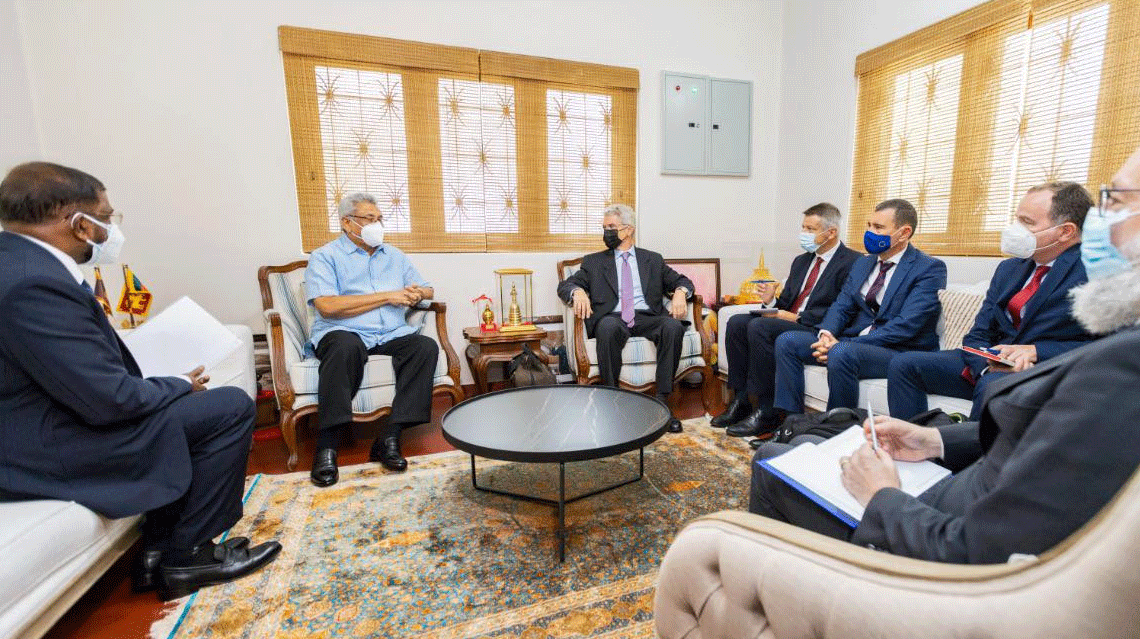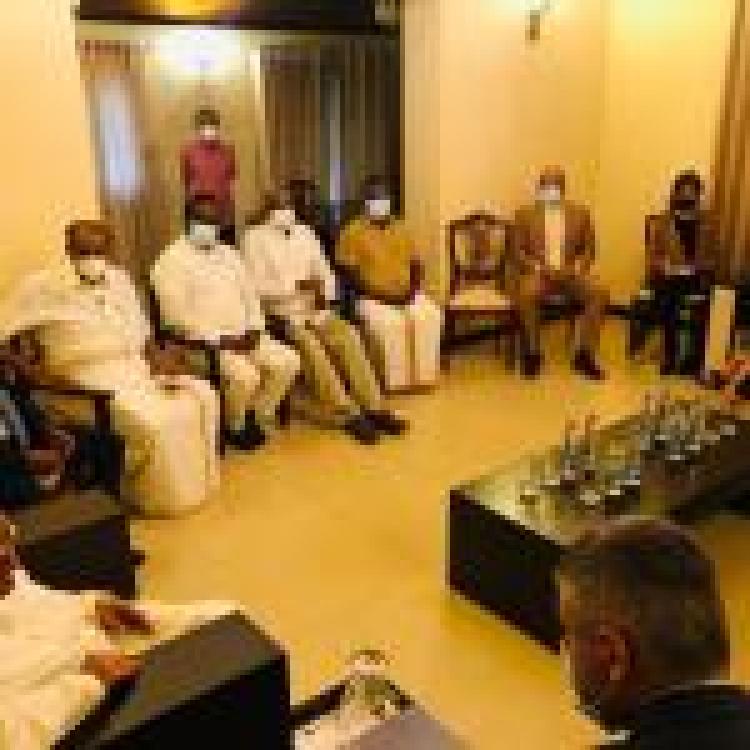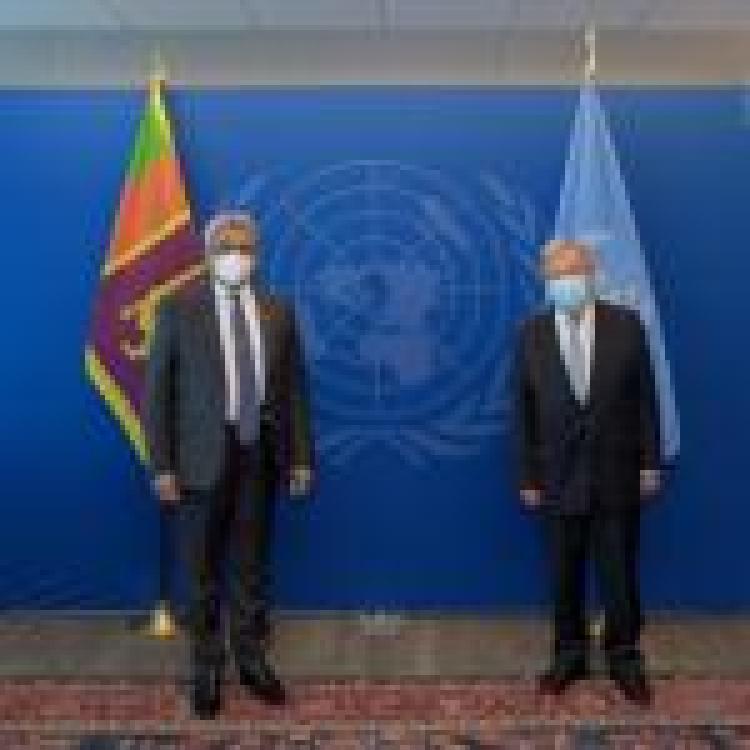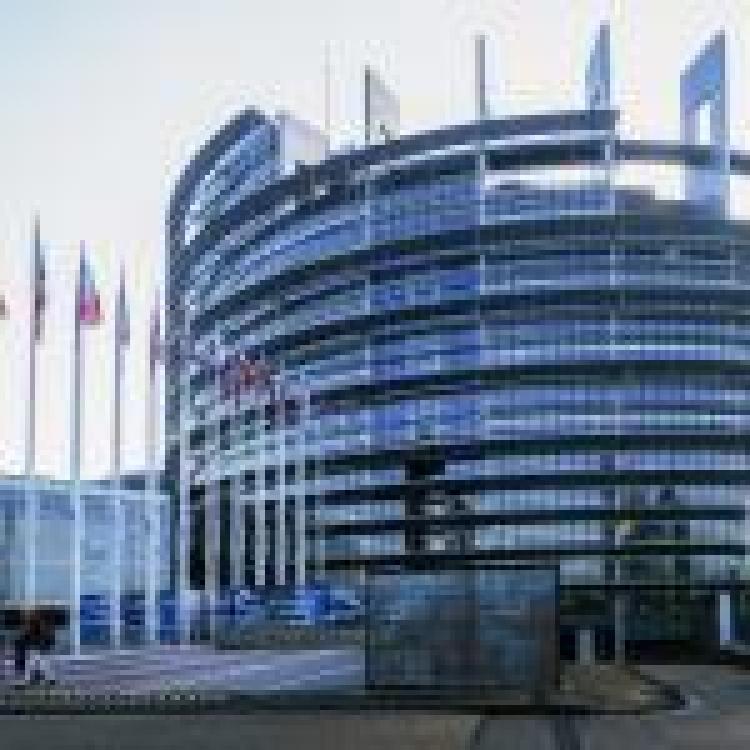
As the EU delegation concluded its visit of Sri Lanka, as part of its GSP+ review process, Sri Lanka's President, Gotabaya Rajapaksa met with the delegation and claimed that he would undertake immediate steps to amend the necessary provisions of Sri Lanka's draconian Prevention of Terrorism Act (PTA).
Rajapaksa further alleged that the pandemic had imposed serious barriers in achieving the government's comprehensive vision and that he was acting to further the development of the North-East. He further stressed that Tamil politicians and the Tamil diaspora needed to work through the 'country's internal problems. Sri Lanka, he claimed, is the "oldest democratic country in the region, which has never been under a dictatorship or an authoritarian regime in any period of its history".
This follows a wide-reaching proscription on several Tamil and Muslim organisations as well as on hundreds of individuals residing in Sri Lanka. There has also been a dramatic increase in arbitrary detentions of Tamils and Muslims under the PTA as well as an alarming number of deaths in custody.
Despite claims of "development" in the North-East, the traditional homeland of Eelam Tamils has been subject to ever-increasing militarisation with many regions put to the brink of starvation and not receiving promised government aid.
Earlier this year, European Parliament slammed the deterioration of human rights in Sri Lanka calling on the EU Council to suspend its GSP+ trading preferences with Sri Lanka. In their report they detailed the need to sanction senior Sri Lanka officials accused of war crimes; suspend the training of Sri Lanka's security forces; and launch a credible investigation into war crimes abuses.
The resolution passed by the European Parliament also called upon Sri Lanka's "security forces to cease the targetting of minority groups".
At the conclusion of the 10-day visit, EU Ambassador Denis Chaibi said, “The monitoring and engagement with the Government of Sri Lanka will be the subject of regular reports”. Sri Lanka's GSP+ status is set to be reviewed in November.





